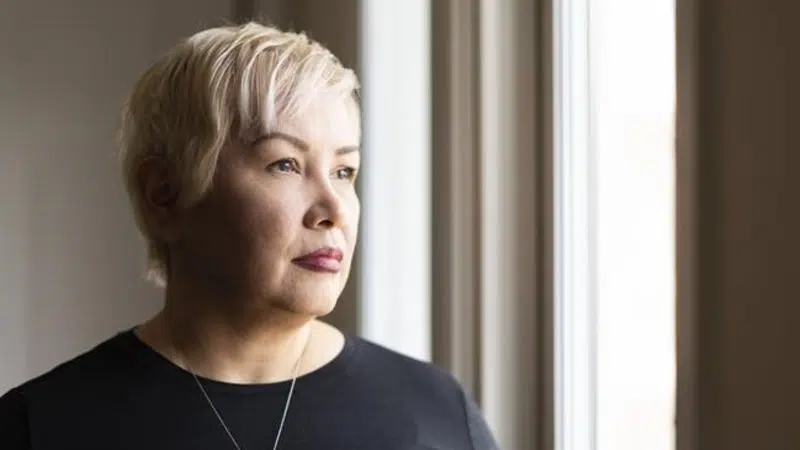
Groups question impact new Clare’s Law will have in Saskatchewan
REGINA — As she was being hit with an aluminum baseball bat, Lani Elliott saw flashes of her little boy’s future she feared she wouldn’t live to see, such as his graduation and wedding day.
“I remember saying a prayer,” she recalls about the 1993 beating that she says happened at the hands of her husband.
The couple had been travelling from their home on a First Nation into nearby Regina. He grew agitated, parked their vehicle, chased her down and began swinging the bat.


